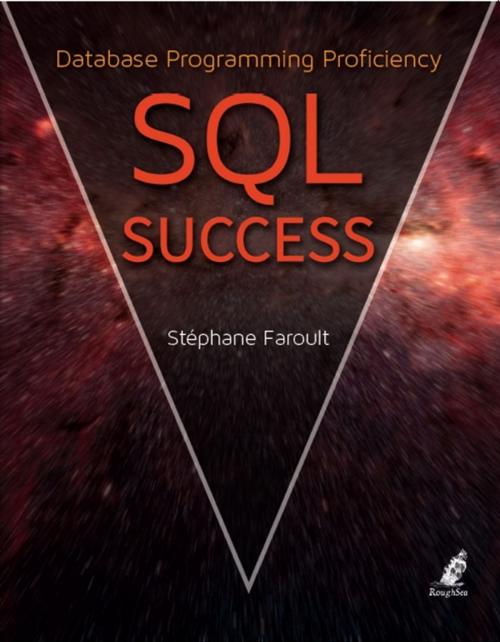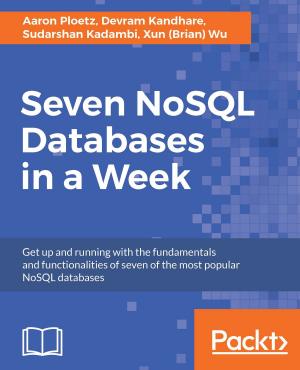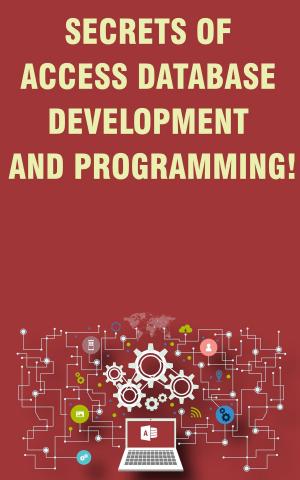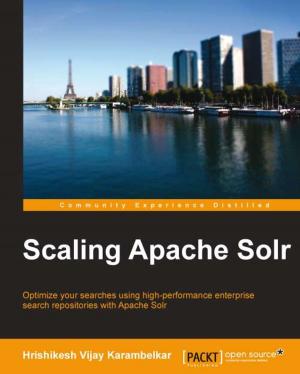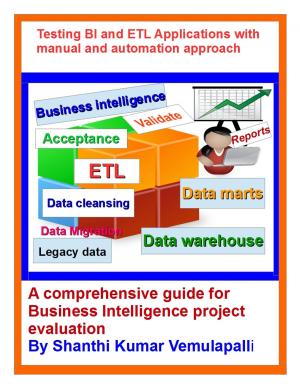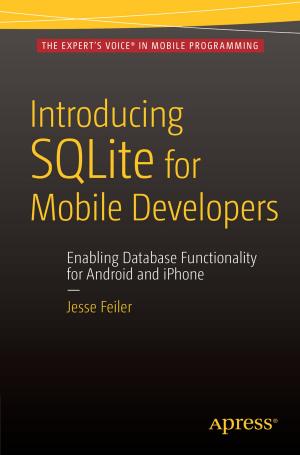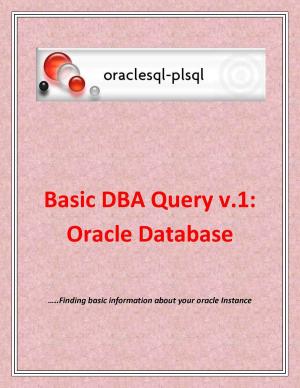| Author: | Stéphane Faroult | ISBN: | 9781909765016 |
| Publisher: | RoughSea Ltd | Publication: | September 18, 2013 |
| Imprint: | RoughSea Ltd | Language: | English |
| Author: | Stéphane Faroult |
| ISBN: | 9781909765016 |
| Publisher: | RoughSea Ltd |
| Publication: | September 18, 2013 |
| Imprint: | RoughSea Ltd |
| Language: | English |
"SQL Success" is about problem-solving in SQL. It bridges the gap between dry and dull database theory books, and developer books that focus on giving recipes without explaining sufficiently the reasons behind the recipes or discussing alternative solutions.
Many developers struggle with SQL due to the contrast between the top-down logic of most programming languages and SQL's set-based approach. "SQL Success" aims to be different. This book is more than syntax examples. "SQL Success" explains how to use SQL to solve problems, and covers syntax in the process-not as the focus, but as a tool toward accomplishing the objective.
"SQL Success" also shows something that most other books do not: the pitfalls and traps of SQL, a deceptively simple language, and how easy it is to get a query wrong. Written in a conversational way, "SQL Success" talks about logic more than theory, avoids jargon, and refers to common-sense more than rules. It ignores features that are rarely used and tries to avoid information overload.
The intention of "SQL Success" is not to cover every aspect of all variants of SQL. The goal is to cover everything that is of practical use. That goal is informed by the author's many years of practical experience leading an understanding of what professional developers need to know, the common mistakes that are made, and how those mistakes can be avoided.
* Focuses on the practical implications of theory.
* Emphasizes accuracy and efficiency.
* Teaches how to "think SQL", not merely the syntax.
* Applies to Oracle, SQL Server, MySQL, PostgreSQL, DB2, and SQLite.
* Suitable for college-level database courses, SQL certification preparation, and professionals who want to take their database skills to the next level.
* Bolstered by downloadable files and online database with practice exercises at edu.konagora.com.
* Includes resources for instructors.
Many developers struggle with SQL due to the contrast between the top-down logic of most programming languages and SQL's set-based approach. "SQL Success" aims to be different. This book is more than syntax examples. "SQL Success" explains how to use SQL to solve problems, and covers syntax in the process-not as the focus, but as a tool toward accomplishing the objective.
"SQL Success" also shows something that most other books do not: the pitfalls and traps of SQL, a deceptively simple language, and how easy it is to get a query wrong. Written in a conversational way, "SQL Success" talks about logic more than theory, avoids jargon, and refers to common-sense more than rules. It ignores features that are rarely used and tries to avoid information overload.
The intention of "SQL Success" is not to cover every aspect of all variants of SQL. The goal is to cover everything that is of practical use. That goal is informed by the author's many years of practical experience leading an understanding of what professional developers need to know, the common mistakes that are made, and how those mistakes can be avoided.
* Focuses on the practical implications of theory.
* Emphasizes accuracy and efficiency.
* Teaches how to "think SQL", not merely the syntax.
* Applies to Oracle, SQL Server, MySQL, PostgreSQL, DB2, and SQLite.
* Suitable for college-level database courses, SQL certification preparation, and professionals who want to take their database skills to the next level.
* Bolstered by downloadable files and online database with practice exercises at edu.konagora.com.
* Includes resources for instructors.
"SQL Success" is about problem-solving in SQL. It bridges the gap between dry and dull database theory books, and developer books that focus on giving recipes without explaining sufficiently the reasons behind the recipes or discussing alternative solutions.
Many developers struggle with SQL due to the contrast between the top-down logic of most programming languages and SQL's set-based approach. "SQL Success" aims to be different. This book is more than syntax examples. "SQL Success" explains how to use SQL to solve problems, and covers syntax in the process-not as the focus, but as a tool toward accomplishing the objective.
"SQL Success" also shows something that most other books do not: the pitfalls and traps of SQL, a deceptively simple language, and how easy it is to get a query wrong. Written in a conversational way, "SQL Success" talks about logic more than theory, avoids jargon, and refers to common-sense more than rules. It ignores features that are rarely used and tries to avoid information overload.
The intention of "SQL Success" is not to cover every aspect of all variants of SQL. The goal is to cover everything that is of practical use. That goal is informed by the author's many years of practical experience leading an understanding of what professional developers need to know, the common mistakes that are made, and how those mistakes can be avoided.
* Focuses on the practical implications of theory.
* Emphasizes accuracy and efficiency.
* Teaches how to "think SQL", not merely the syntax.
* Applies to Oracle, SQL Server, MySQL, PostgreSQL, DB2, and SQLite.
* Suitable for college-level database courses, SQL certification preparation, and professionals who want to take their database skills to the next level.
* Bolstered by downloadable files and online database with practice exercises at edu.konagora.com.
* Includes resources for instructors.
Many developers struggle with SQL due to the contrast between the top-down logic of most programming languages and SQL's set-based approach. "SQL Success" aims to be different. This book is more than syntax examples. "SQL Success" explains how to use SQL to solve problems, and covers syntax in the process-not as the focus, but as a tool toward accomplishing the objective.
"SQL Success" also shows something that most other books do not: the pitfalls and traps of SQL, a deceptively simple language, and how easy it is to get a query wrong. Written in a conversational way, "SQL Success" talks about logic more than theory, avoids jargon, and refers to common-sense more than rules. It ignores features that are rarely used and tries to avoid information overload.
The intention of "SQL Success" is not to cover every aspect of all variants of SQL. The goal is to cover everything that is of practical use. That goal is informed by the author's many years of practical experience leading an understanding of what professional developers need to know, the common mistakes that are made, and how those mistakes can be avoided.
* Focuses on the practical implications of theory.
* Emphasizes accuracy and efficiency.
* Teaches how to "think SQL", not merely the syntax.
* Applies to Oracle, SQL Server, MySQL, PostgreSQL, DB2, and SQLite.
* Suitable for college-level database courses, SQL certification preparation, and professionals who want to take their database skills to the next level.
* Bolstered by downloadable files and online database with practice exercises at edu.konagora.com.
* Includes resources for instructors.
